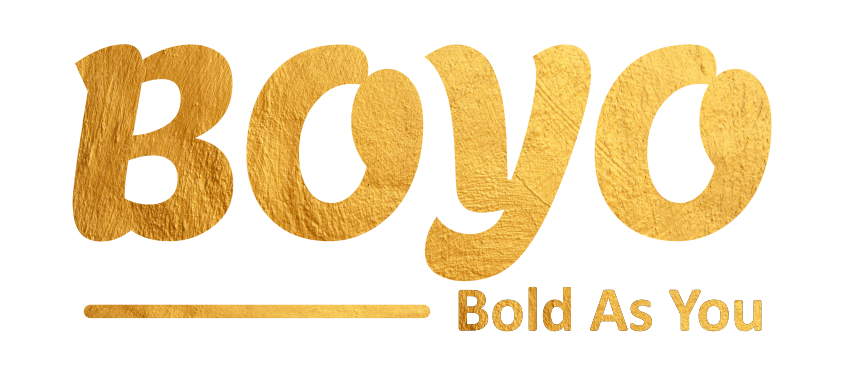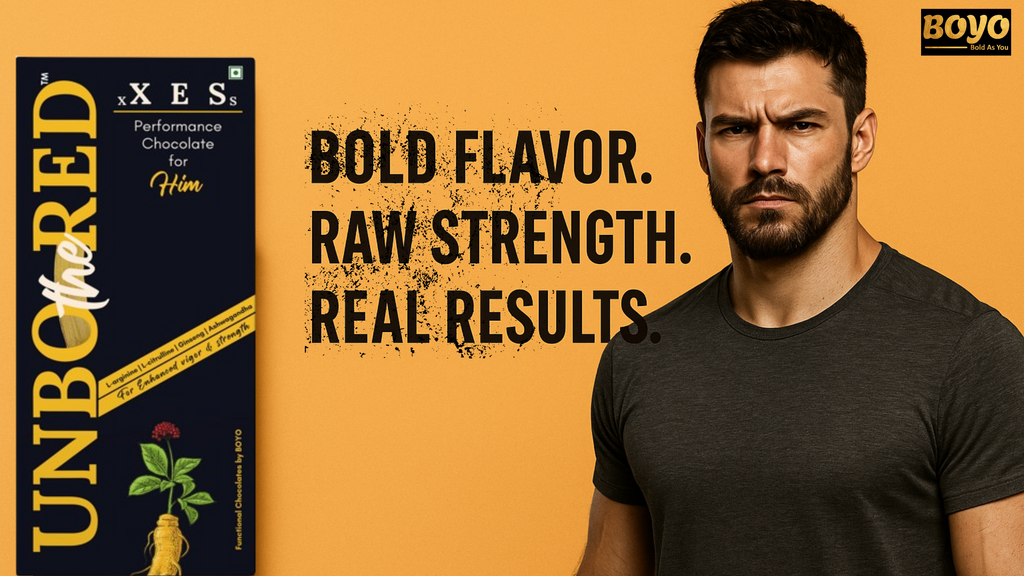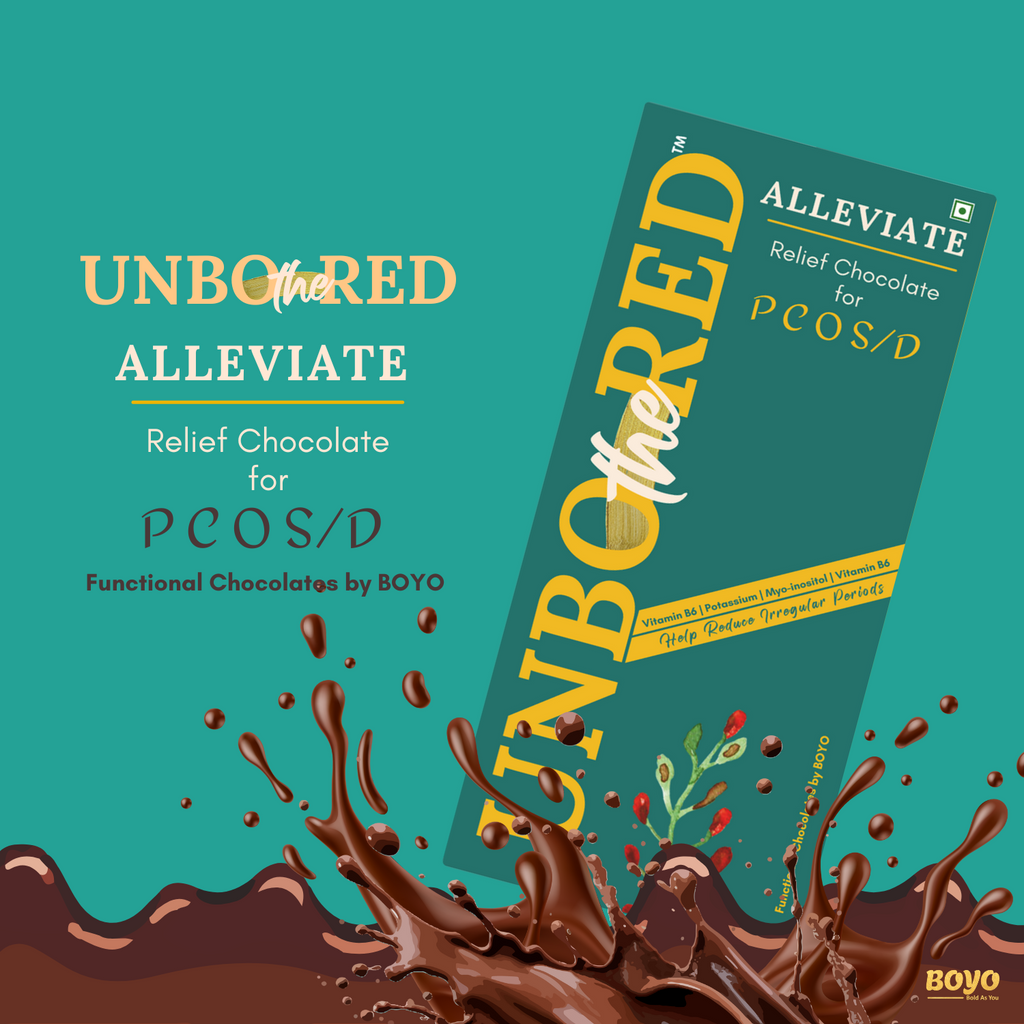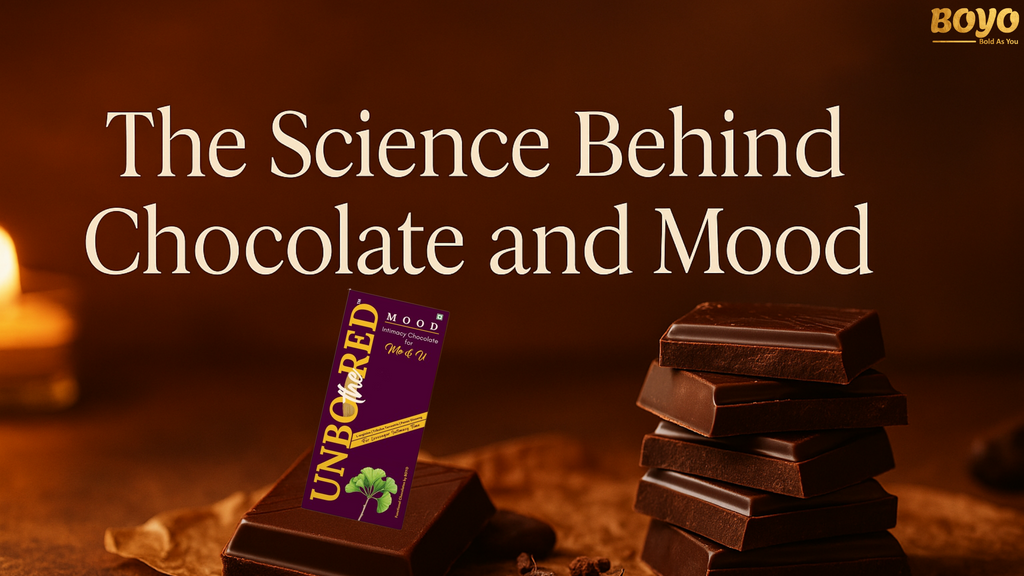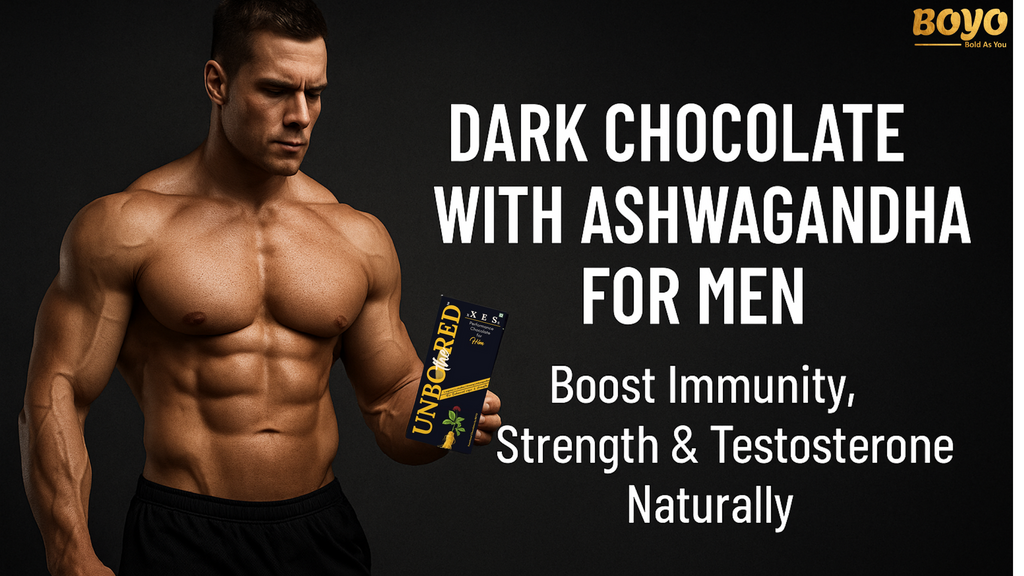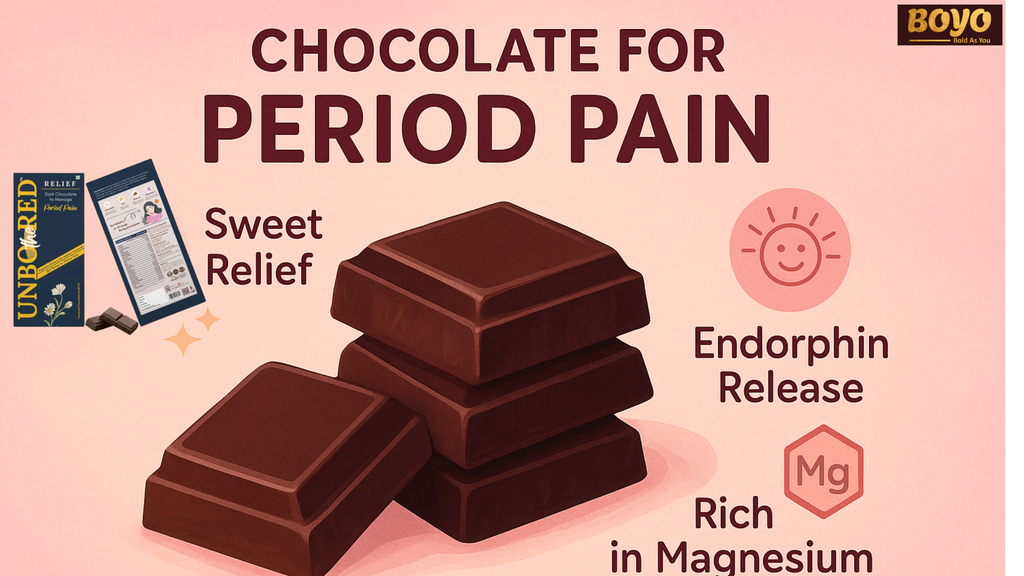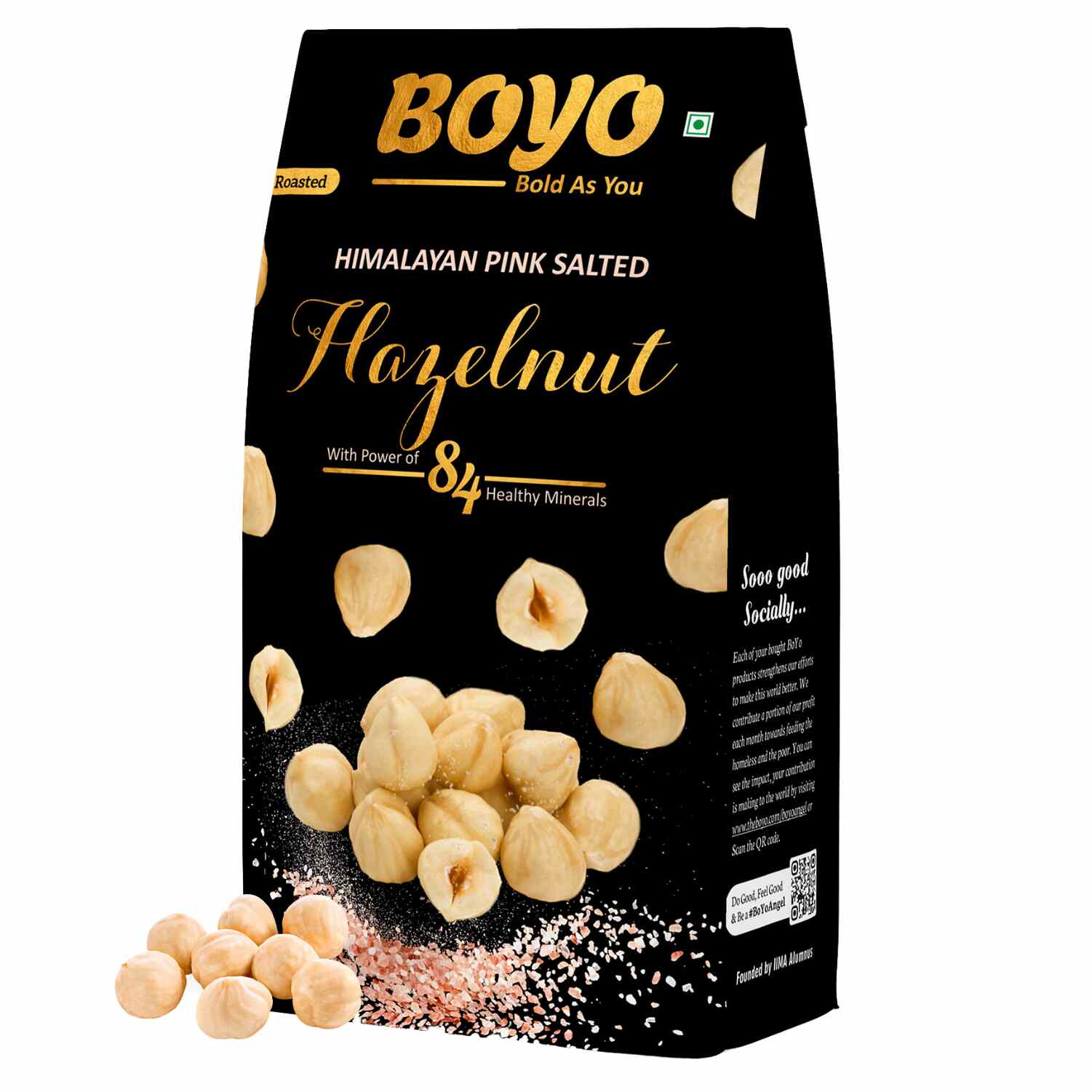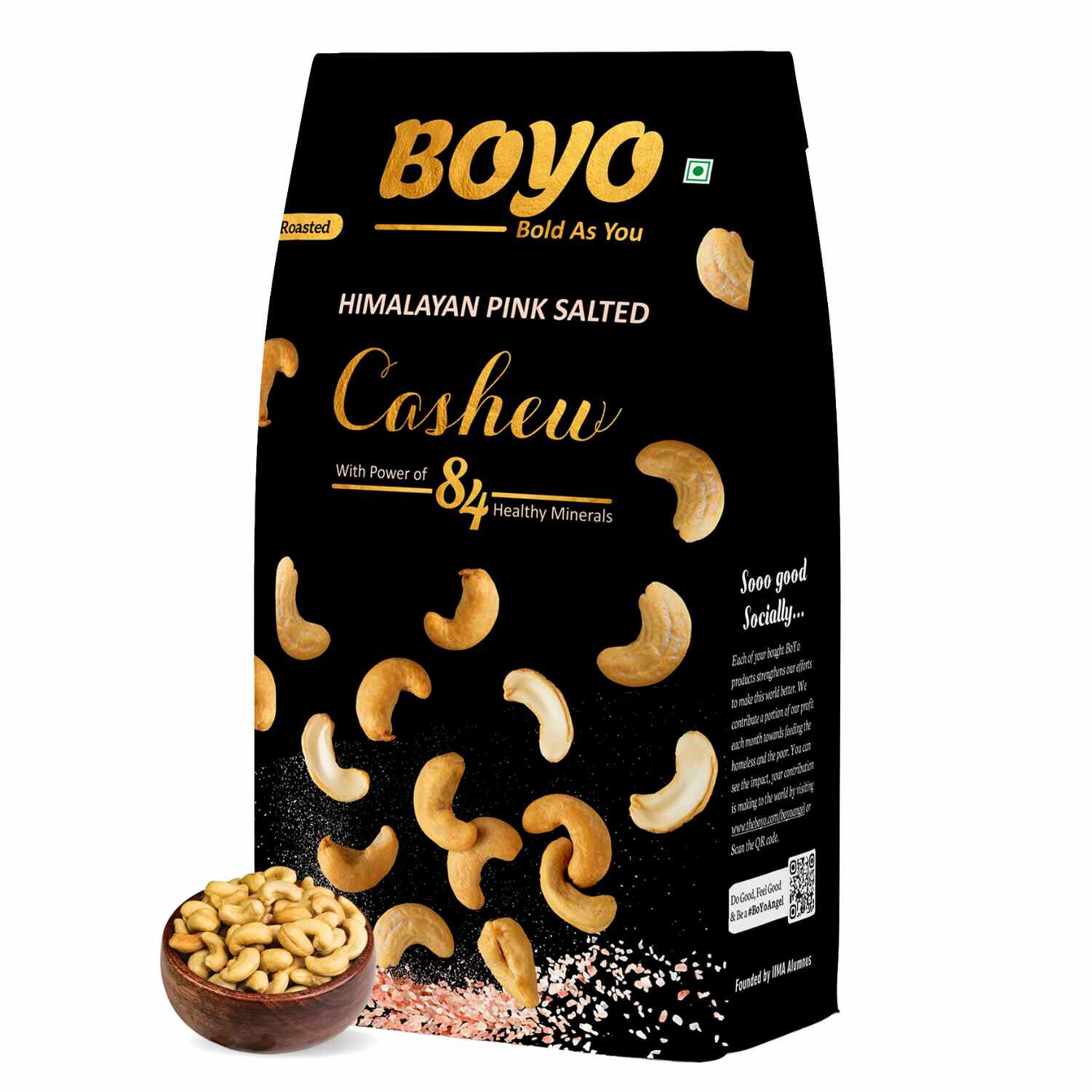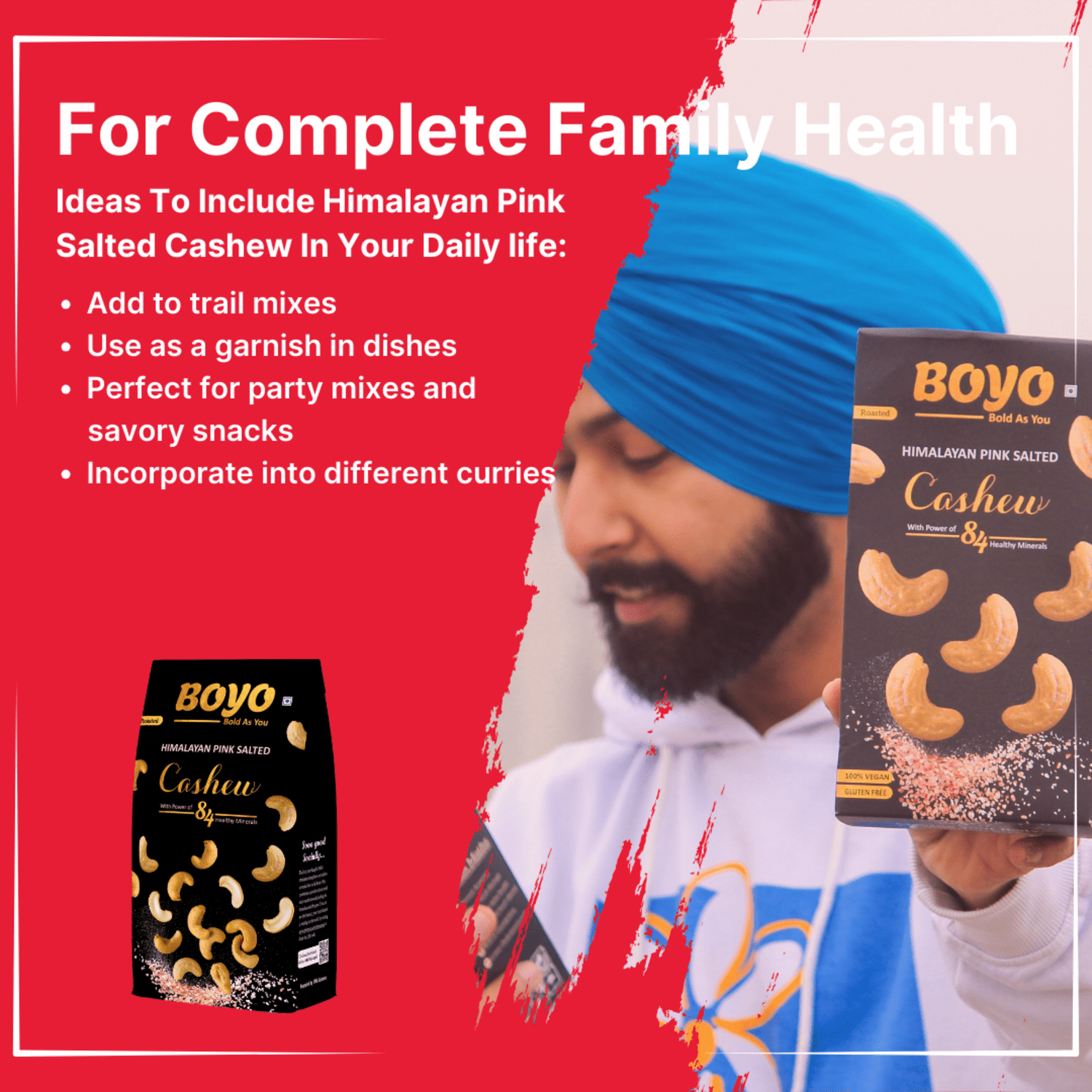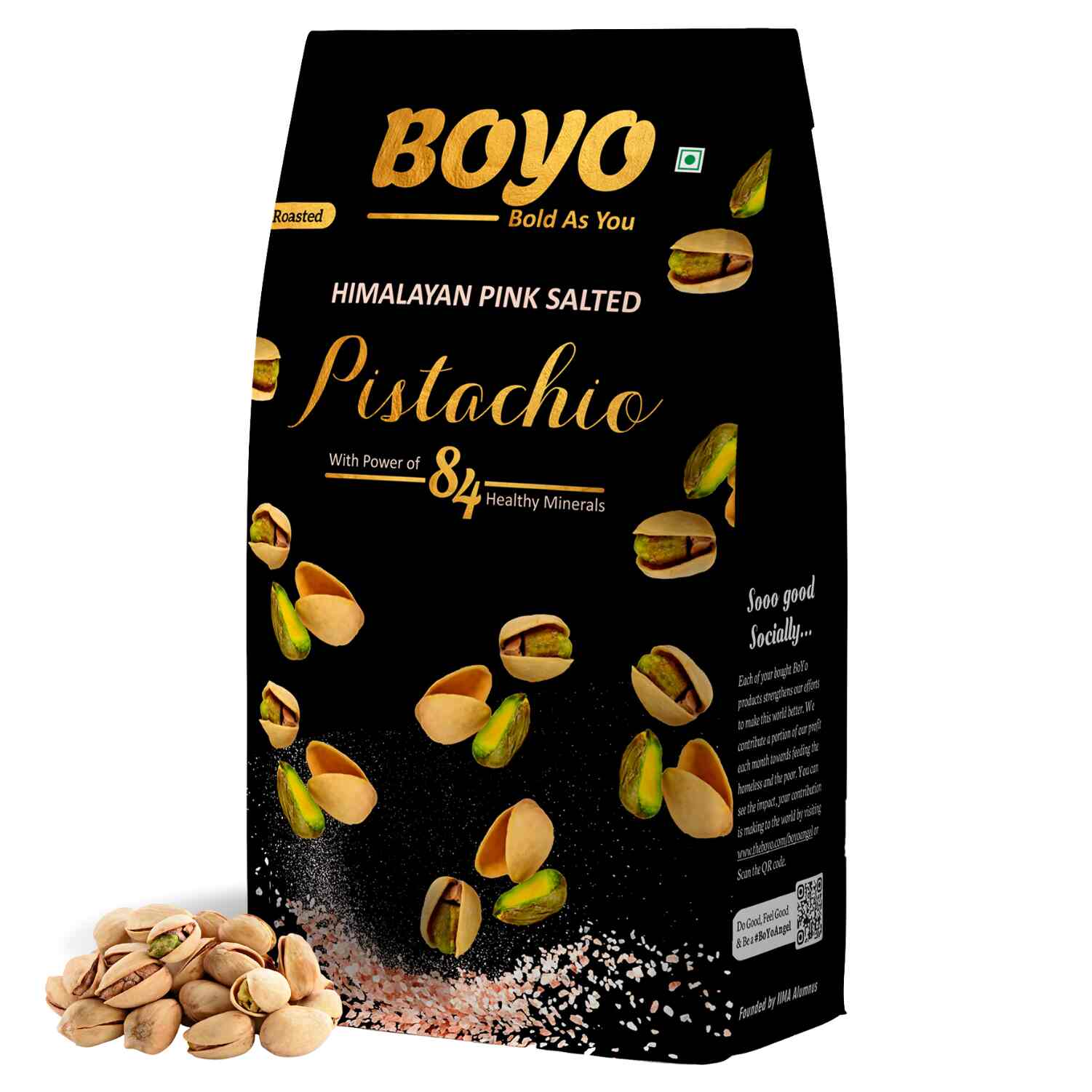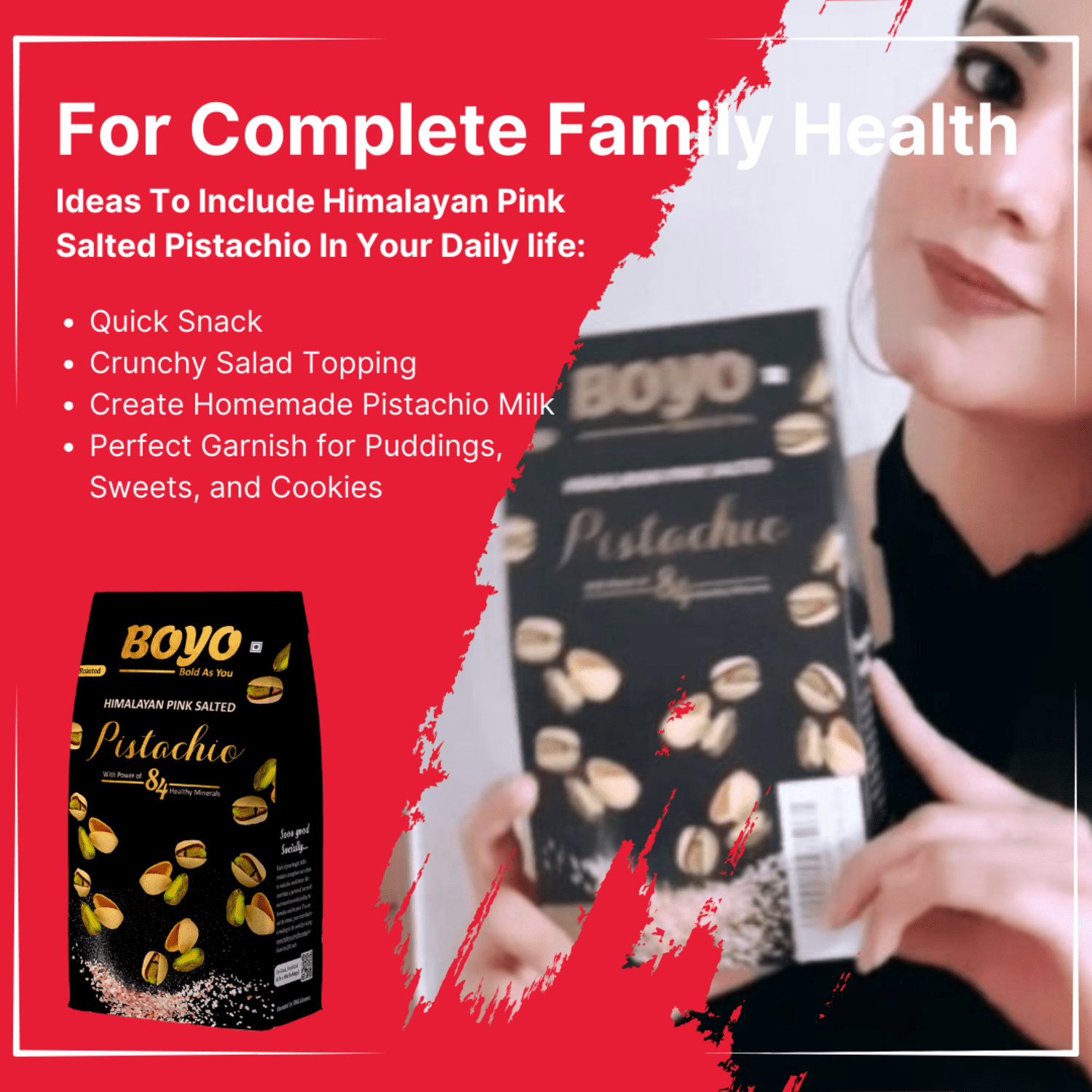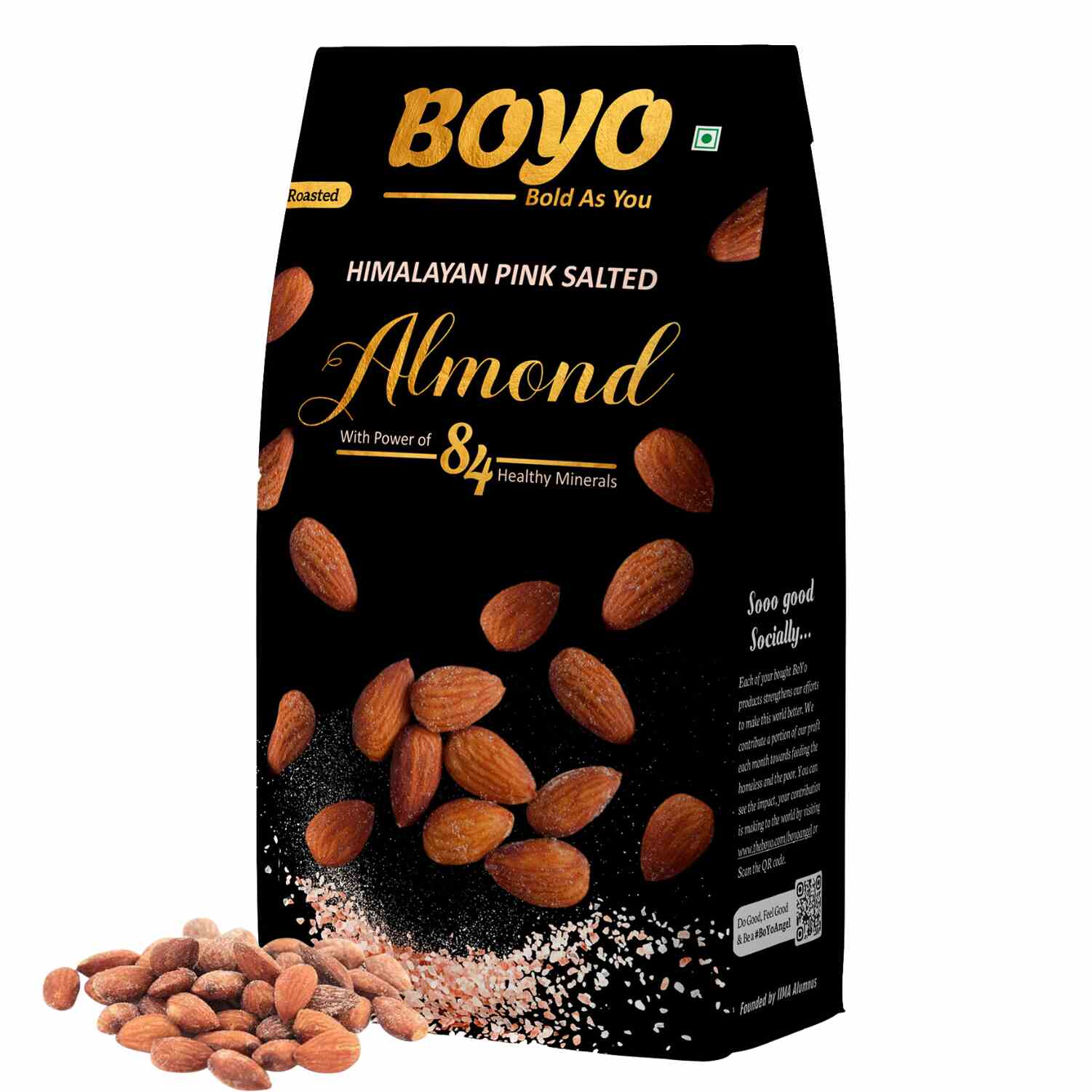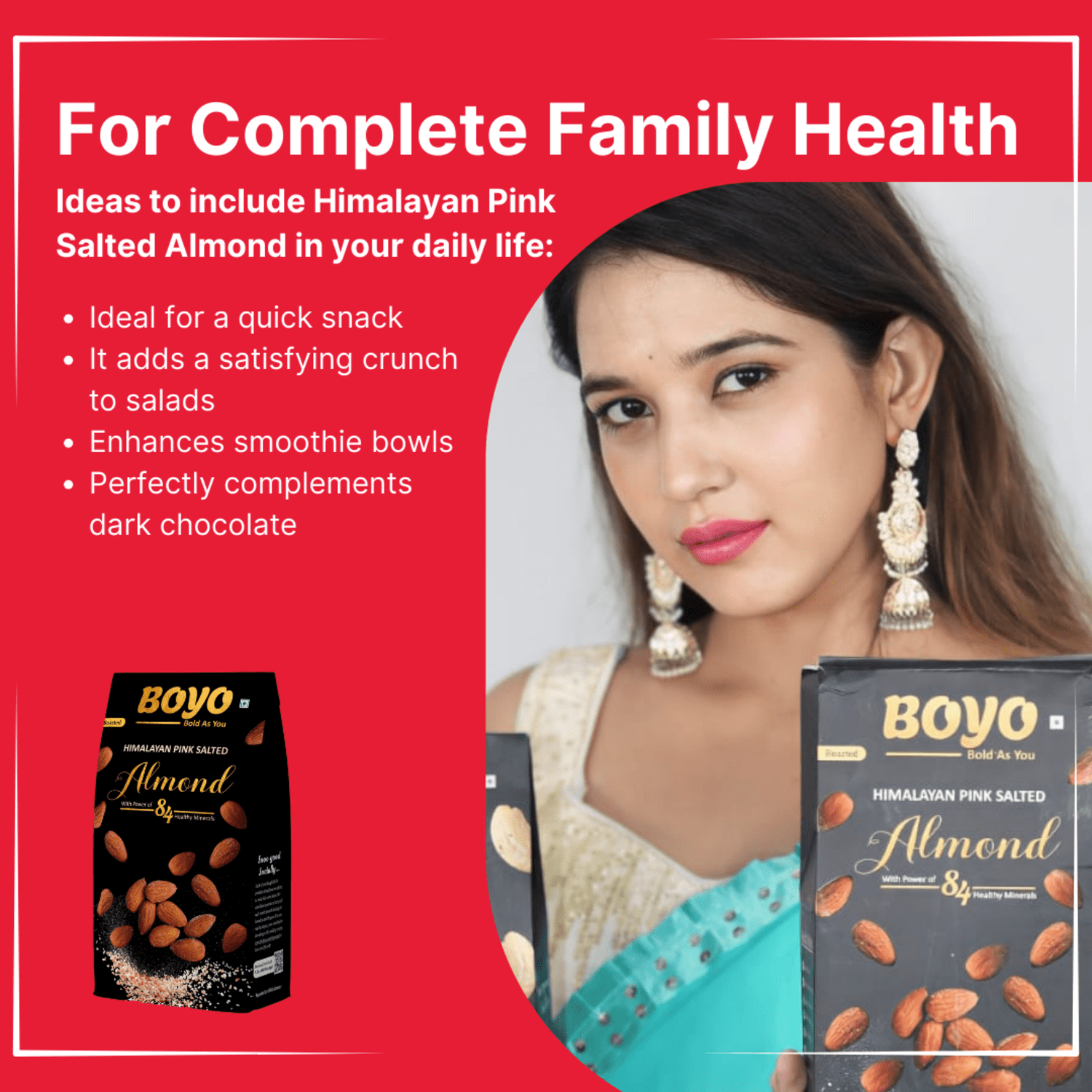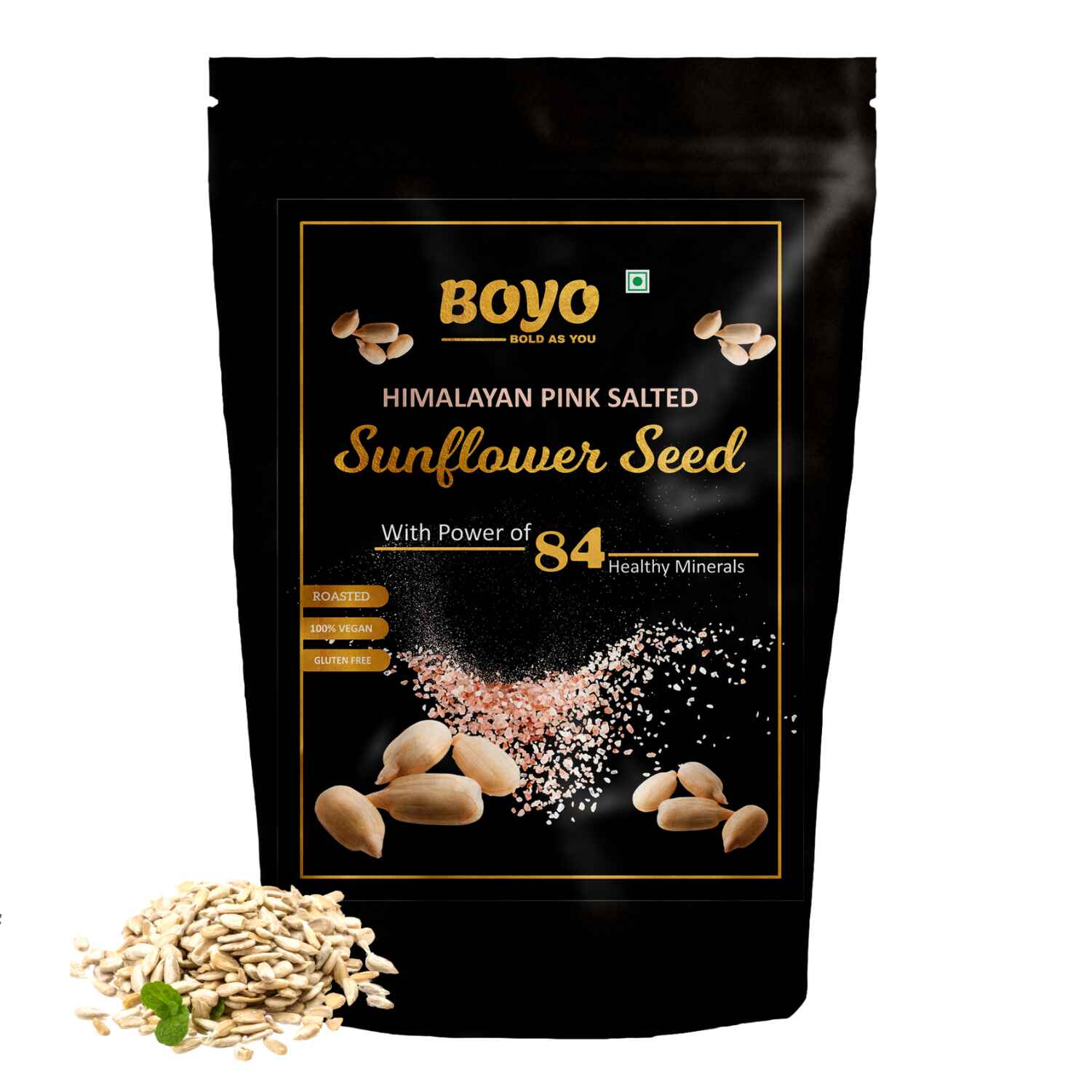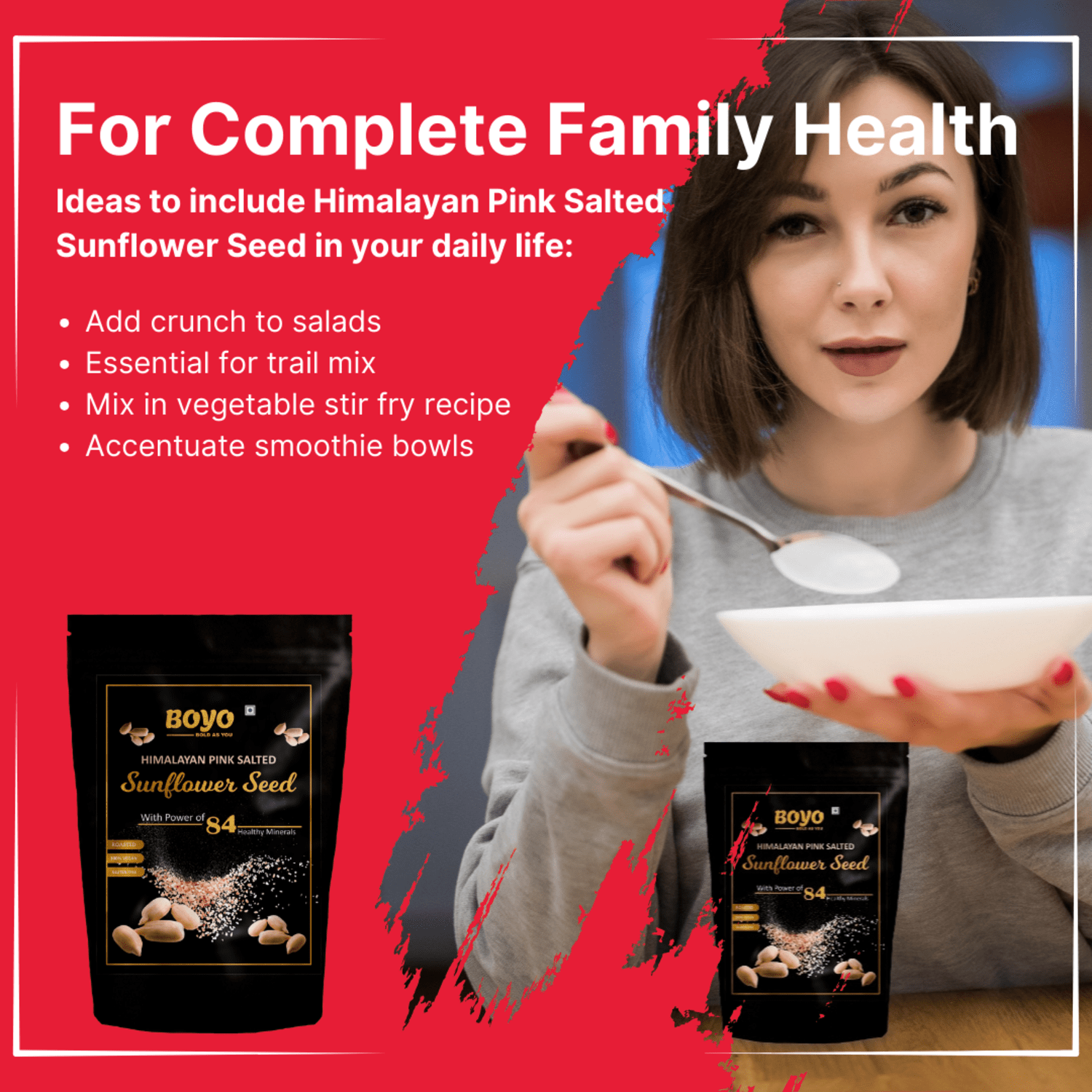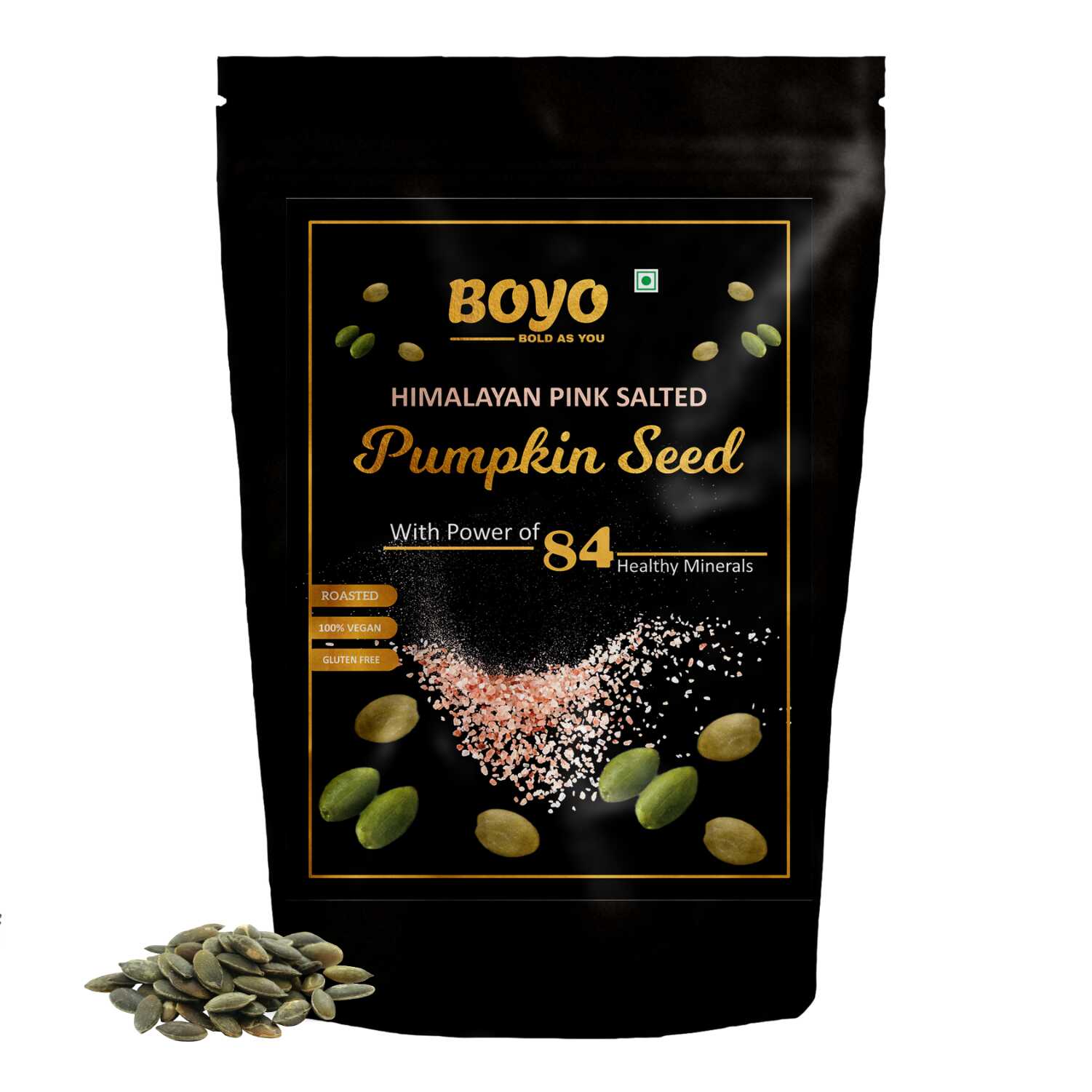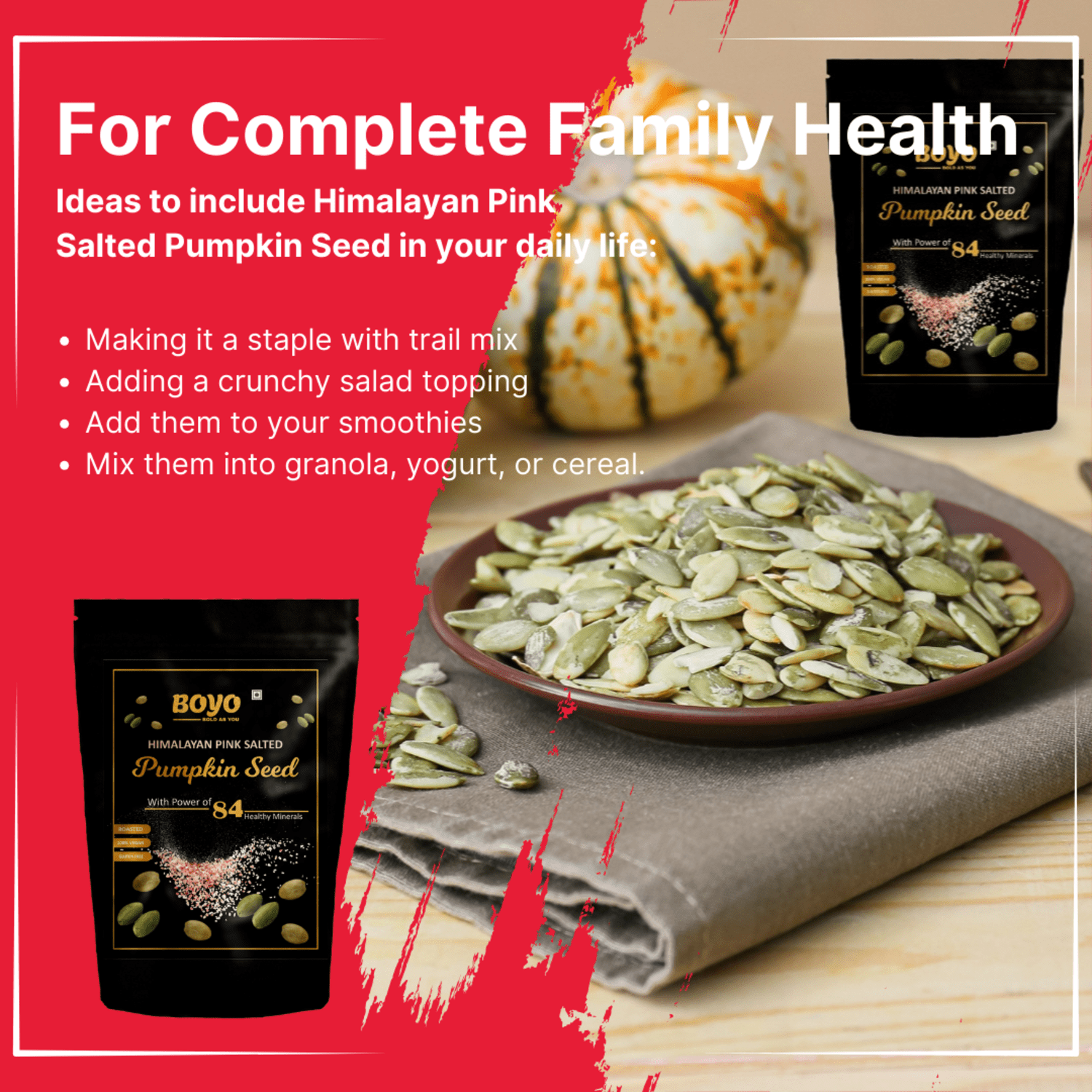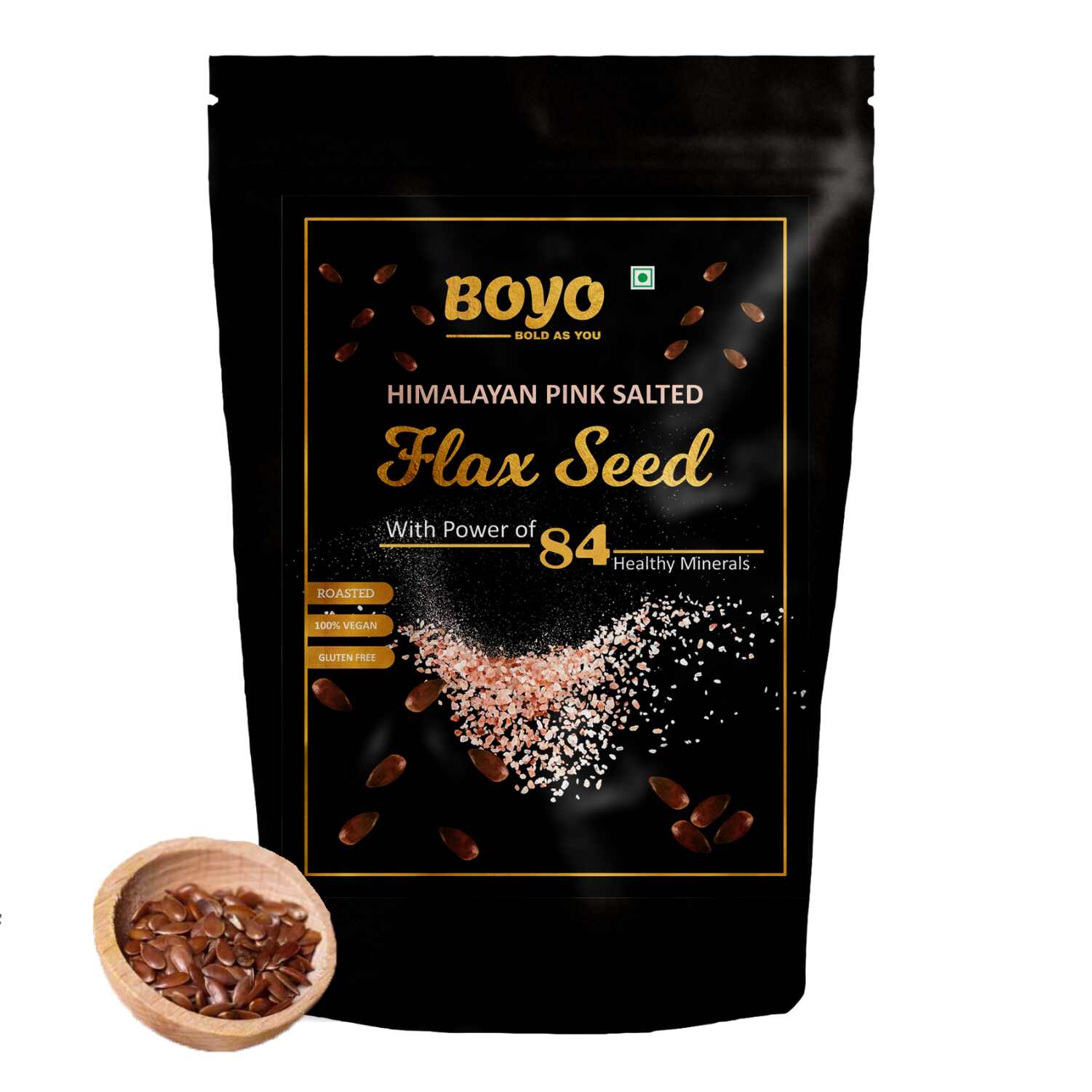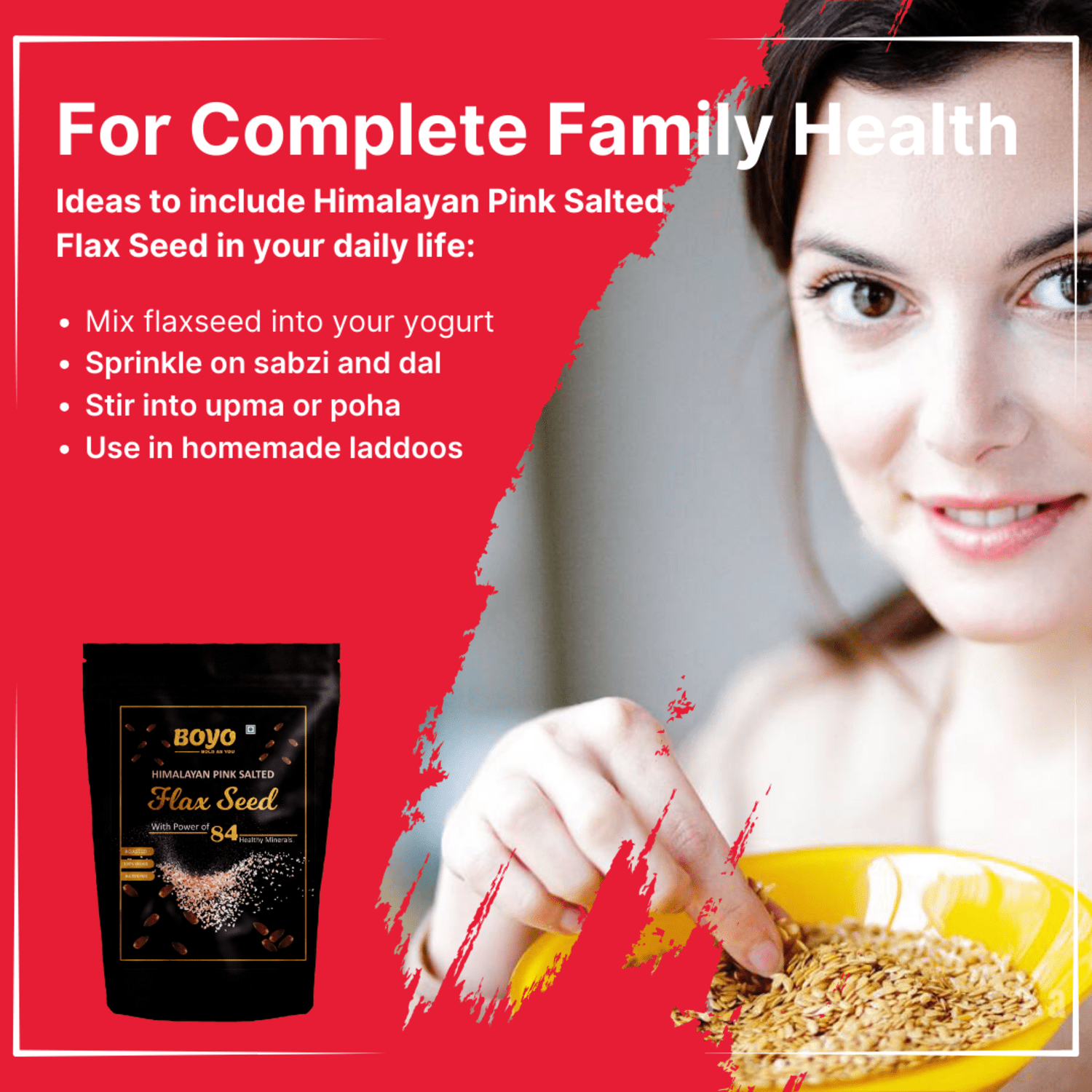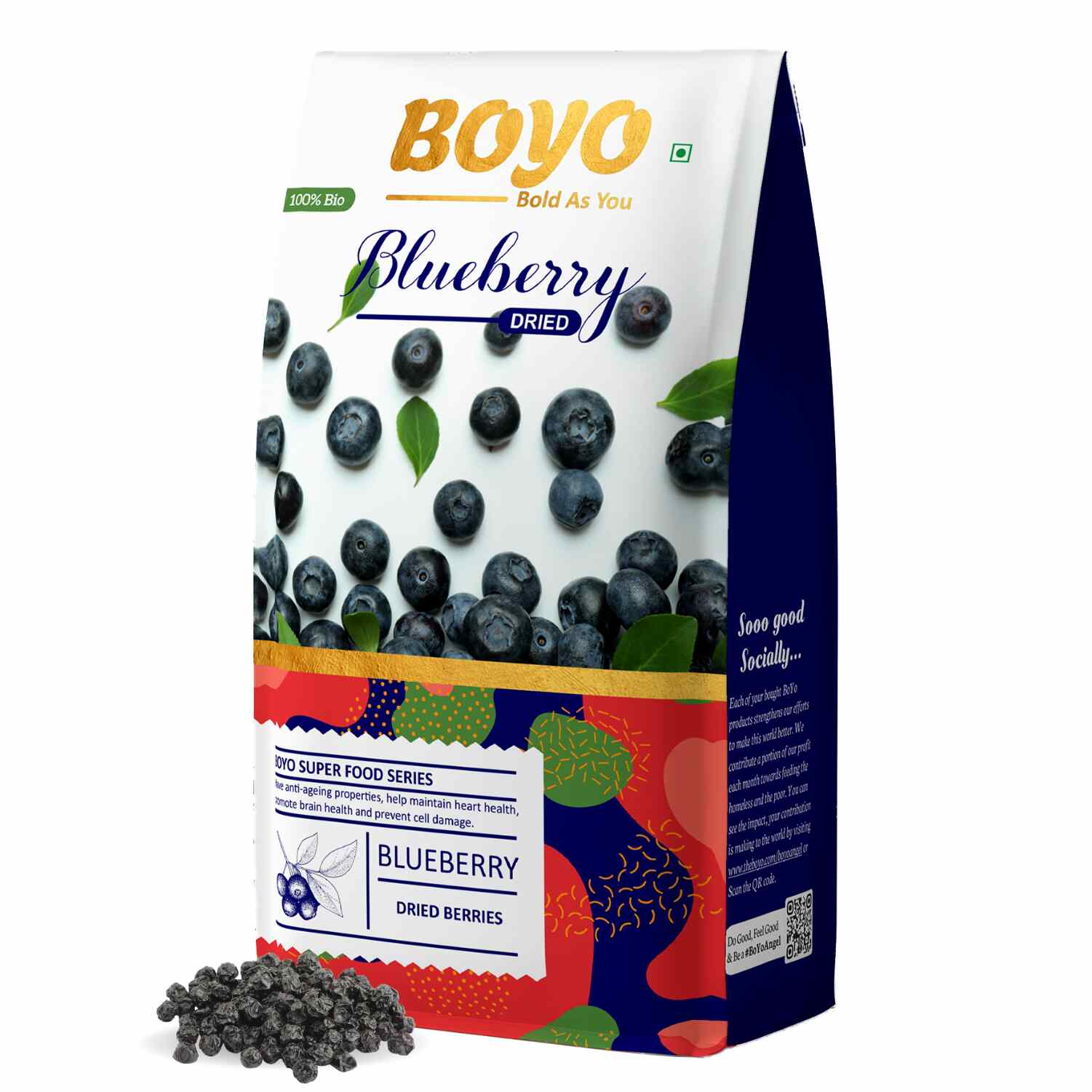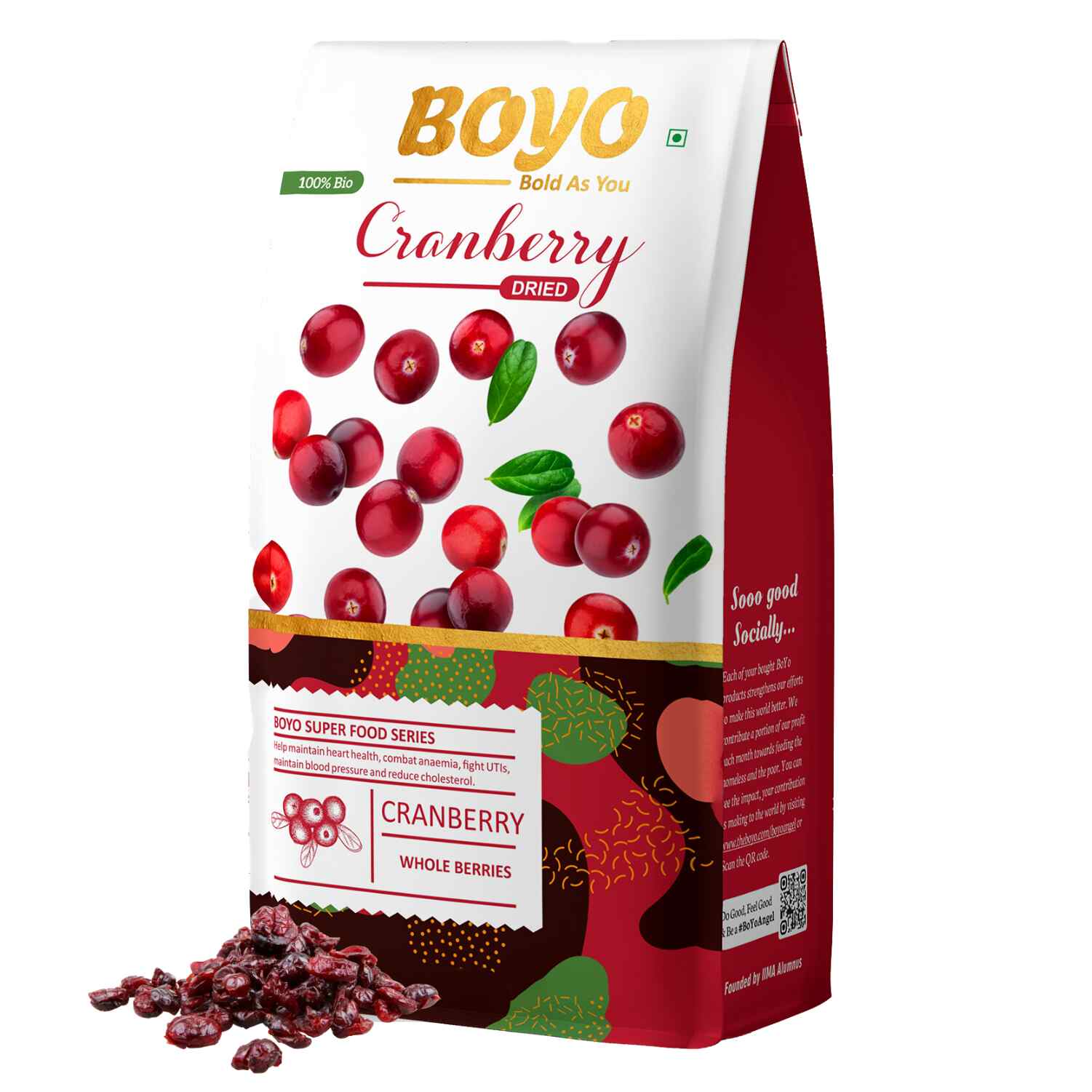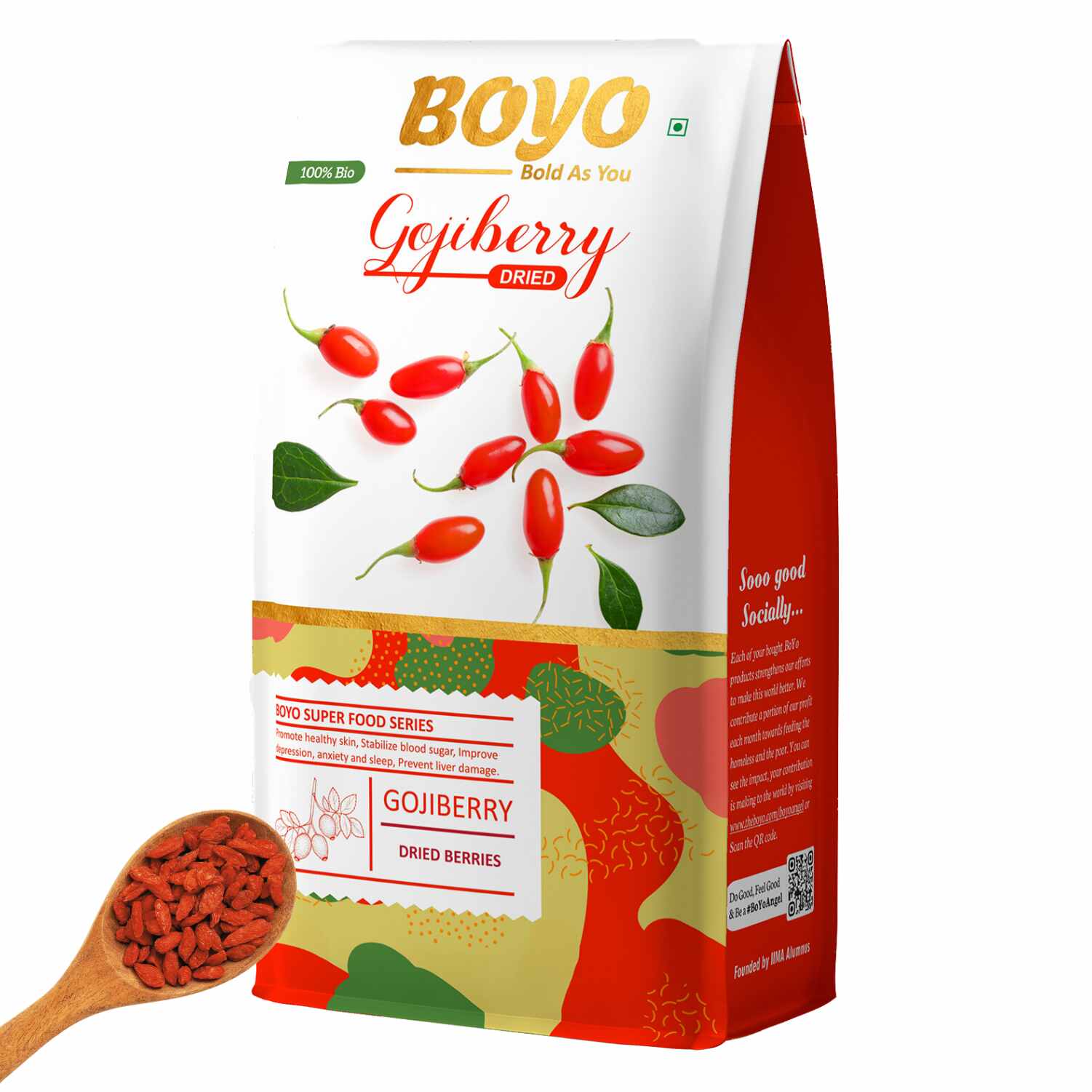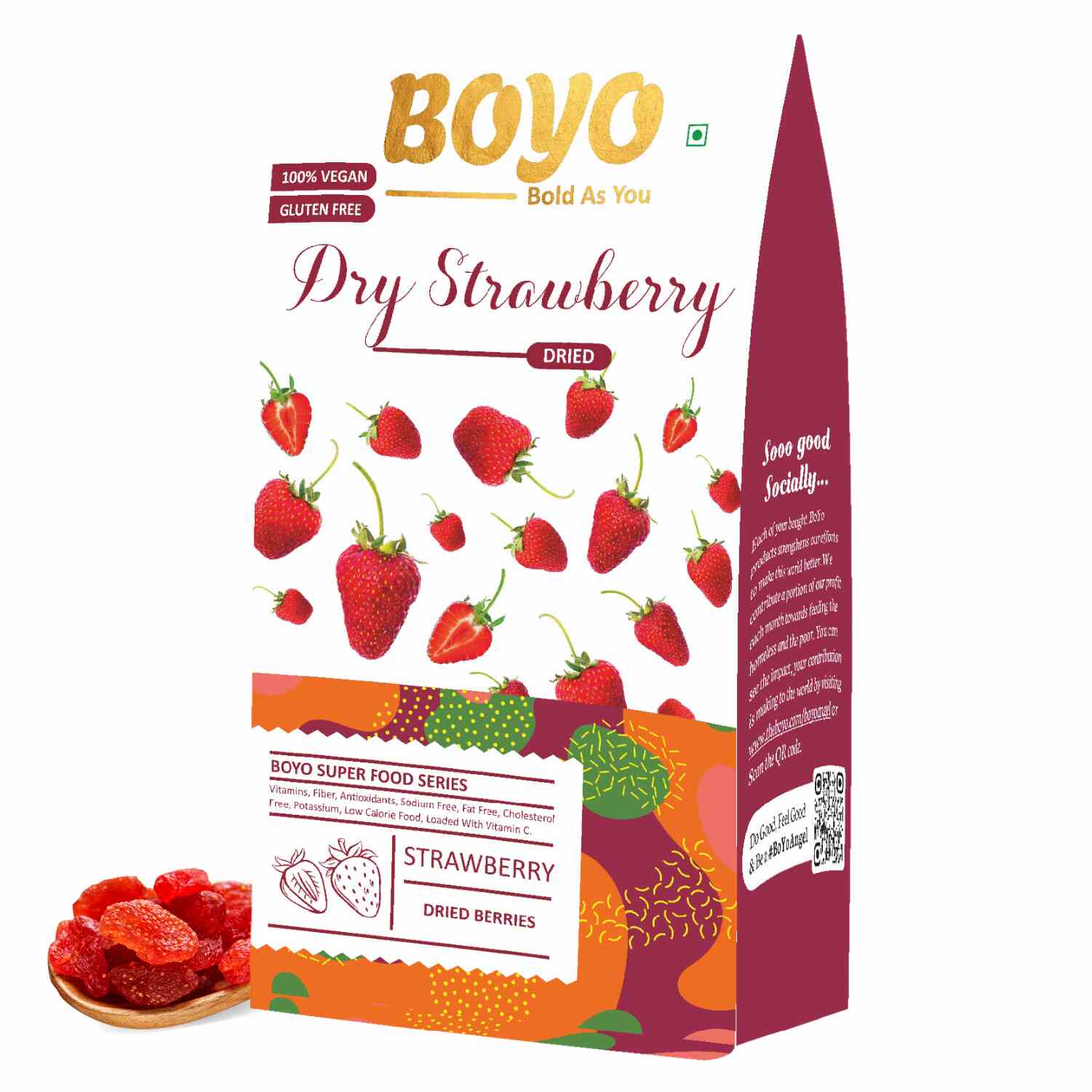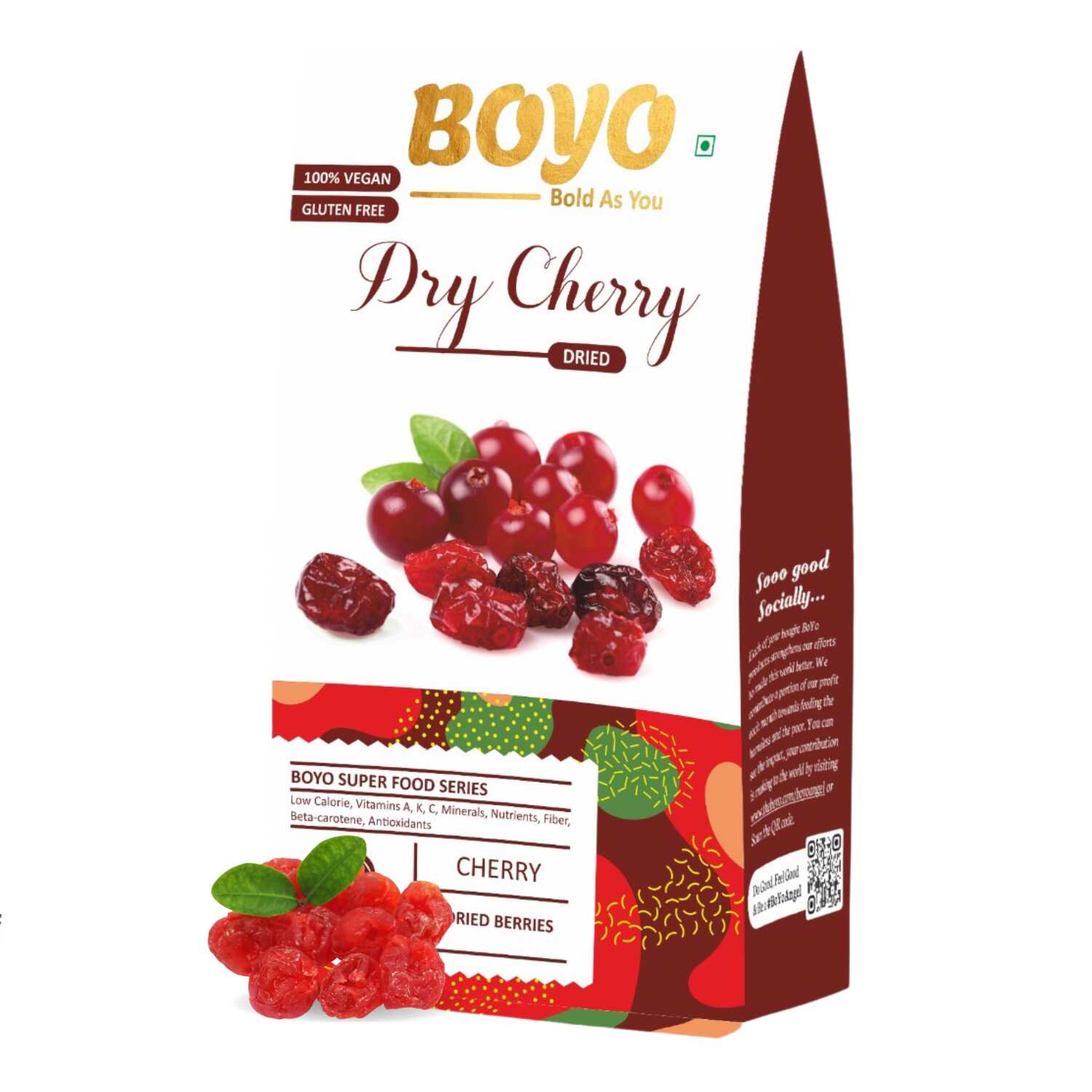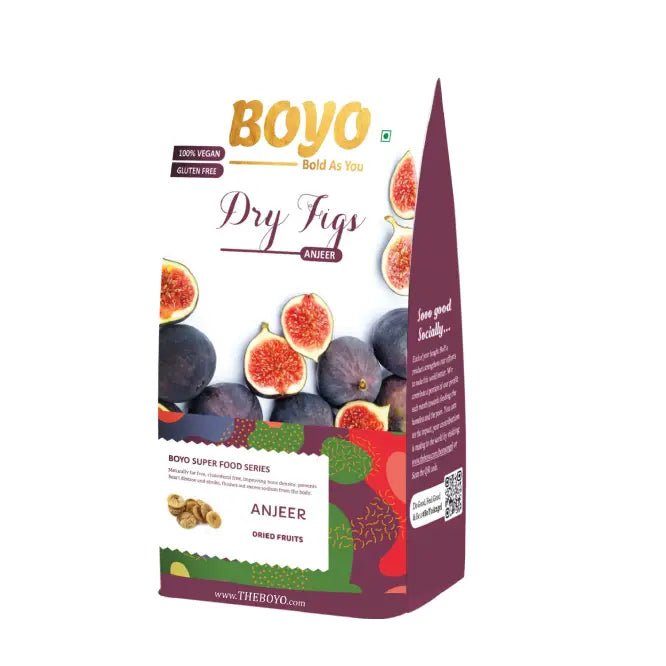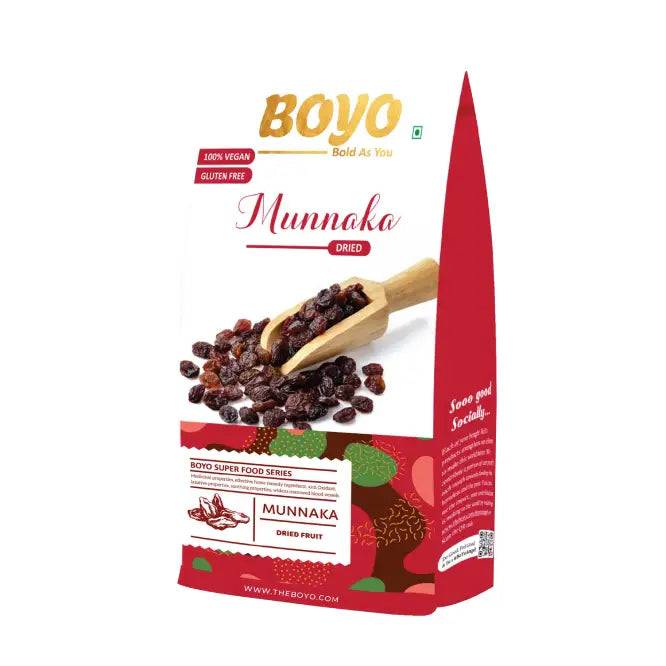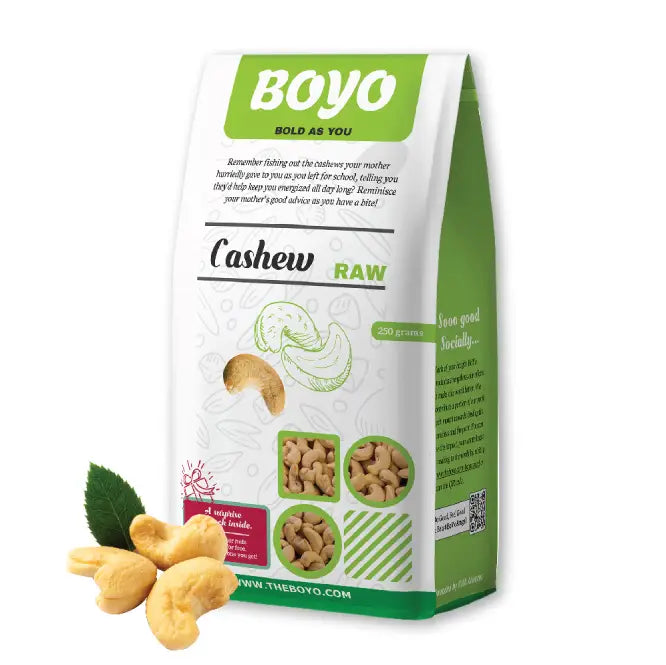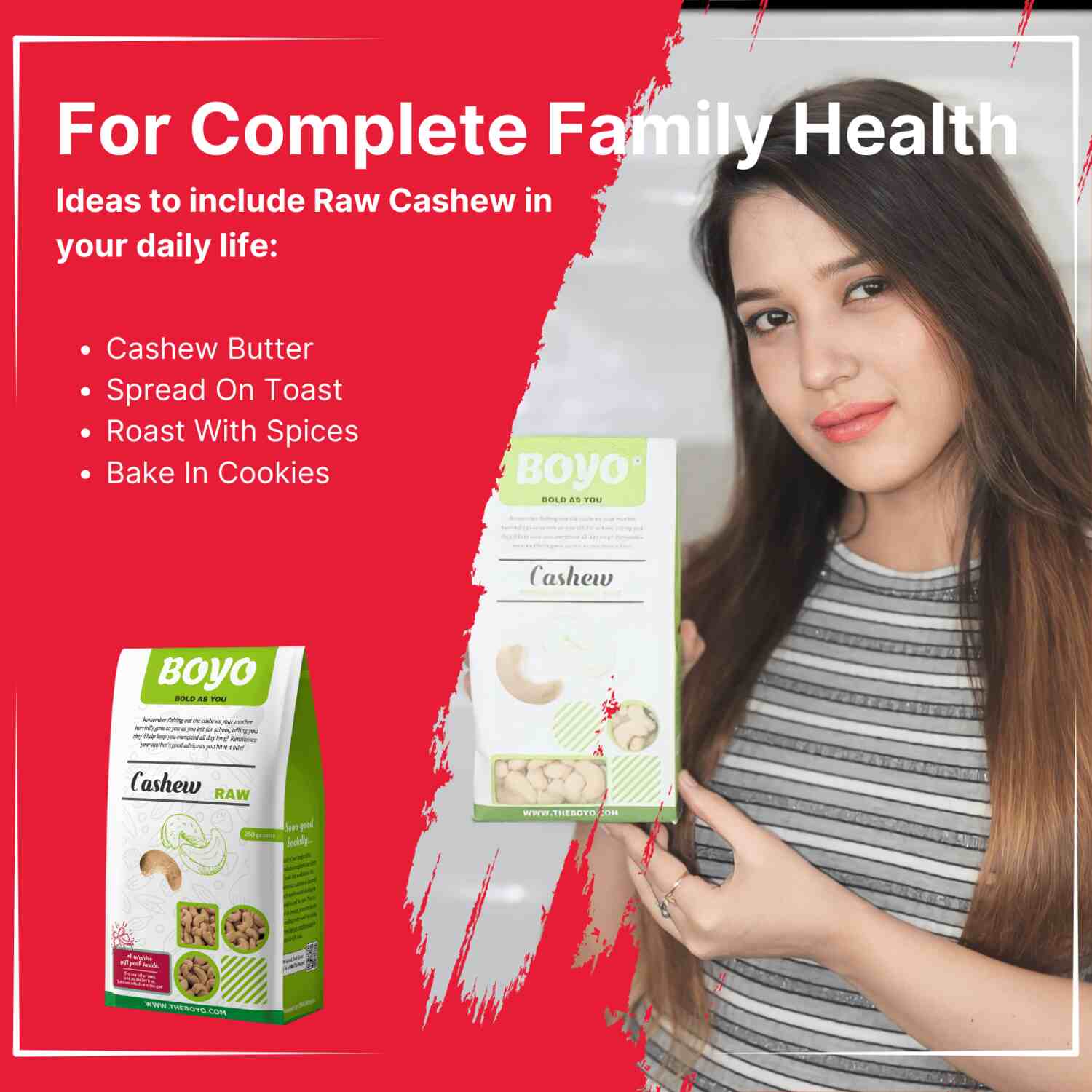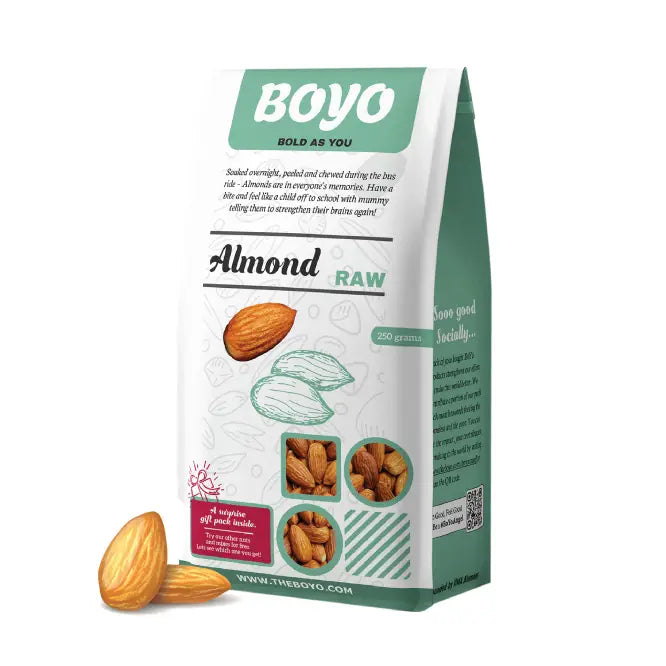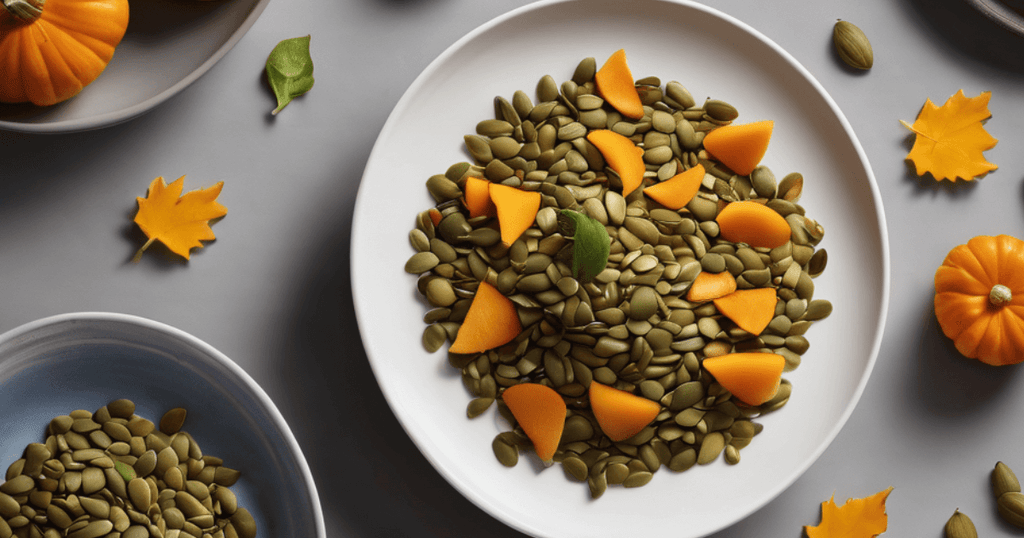
The Surprising Health Benefits of Pumpkin Seeds You Need to Know

What is Pumpkin Seed?
Pumpkin seeds are a nutritious snack and are valued for their rich nutritional profile. They are a good source of protein, fiber, fiber, healthy fat,minerals and vitamins. These seeds are often roasted and salted for added flavor, making them a popular and tasty treat. Additionally, pumpkin seeds are known for their potential health benefits, including supporting heart health, providing antioxidants, and contributing to overall well-being.
Benefits of Pumpkin seed
- Rich in Nutrients: Pumpkin seeds are a good source of essential nutrients, including magnesium, iron, zinc, and copper. They also provide a decent amount of protein and healthy fats.
- Heart Health: The magnesium and potassium content in pumpkin seeds may contribute to heart health by helping regulate blood pressure. The seeds also contain phytosterols, which may aid in reducing LDL (bad) cholesterol levels.
- Improved Sleep: Pumpkin seeds, rich in tryptophan and magnesium, offer a natural solution for better sleep. Tryptophan promotes serotonin and melatonin production, while magnesium aids relaxation. Incorporate a small serving of pumpkin seeds into your evening routine to enhance sleep quality, promoting a more restful and rejuvenating night's rest.
- Bone Health: The phosphorus content in pumpkin seeds is essential for maintaining strong and healthy bones. Phosphorus, along with calcium and magnesium, contributes to bone mineralization.
- Blood Sugar Regulation: Pumpkin seeds may help regulate blood sugar levels due to their magnesium content. Magnesium is involved in insulin regulation and glucose metabolism.
- Anti-Inflammatory Effects: The presence of antioxidants and other compounds in pumpkin seeds may contribute to their anti-inflammatory properties, potentially reducing inflammation in the body.
Nutrition of Pumpkin Seed as per 100gm
| Calories | 574 Cal |
| Total Fat | 49g |
| Saturated Fat | 8.5g |
| Sodium | 18mg |
| Carbohydrate | 15g |
| Dietary fiber | 6.5g |
| Sugar | 1.3g |
| Protein | 30g |
Weight loss help for pumpkin seed
Pumpkin seeds can be a helpful addition to a weight loss plan, but it's important to approach weight loss holistically by considering various factors. Here are some ways pumpkin seeds can be incorporated into a weight loss-friendly lifestyle:
- Portion Control: While pumpkin seeds are nutritious, they are calorie-dense. Be mindful of portion sizes to avoid overconsumption of calories. A small handful (about an ounce or 28 grams) is a reasonable serving.
- Healthy Snacking: Use pumpkin seeds as a healthy snack option. Snacking on nutrient-dense foods like pumpkin seeds can help satisfy hunger between meals and prevent overeating during main meals.
- Meal Toppings: Sprinkle pumpkin seeds on salads, yogurt, or oatmeal to add crunch and nutritional value to your meals. This can enhance the overall nutrient profile of your diet.
- Protein Source: Pumpkin seeds contain protein, which is important for maintaining muscle mass during weight loss. Including protein in your diet can also contribute to a feeling of fullness.
- Nutrient Diversity: A diverse and balanced diet is key to overall health. Incorporate a variety of foods along with pumpkin seeds to ensure you get a broad range of nutrients.
- Physical Activity: Combine a healthy diet with regular physical activity for effective weight loss. Exercise helps burn calories, improves metabolism, and contributes to overall well-being.
How to add pumpkin seed in daily diet
- Snacking: Enjoy a handful of raw or roasted pumpkin seeds as a snack. You can add a pinch of salt or your favorite seasoning for extra flavor.
- Salad Crunch: Toss a handful of pumpkin seeds into your salads for added texture and nutrition. They pair well with a variety of greens and veggies.
- Smoothie Booster: Blend pumpkin seeds into your smoothies for an extra protein and nutrient kick. This works well in both fruit and green smoothies.
- Baking: Incorporate pumpkin seeds into homemade granola, energy bars, or baked goods like muffins and cookies. This not only adds nutrition but also a satisfying crunch.
- Soup Garnish: Sprinkle pumpkin seeds on top of soups or stews just before serving. This adds a finishing touch and enhances the dish's texture.
- Trail Mix: Create a personalized trail mix by combining pumpkin seeds with nuts, dried fruits, and a touch of dark chocolate. It makes for a convenient and healthy on-the-go snack.
- Pesto Sauce: Blend pumpkin seeds into your pesto sauce. This variation adds a unique flavor and texture to your pasta dishes.
- Grain Bowls: Top your grain bowls, whether it's quinoa, rice, or another grain, with pumpkin seeds for a nutritious and satisfying meal.
Benefits of Pumpkin seed During pregnancy
Pumpkin seeds offer numerous benefits during pregnancy. Packed with essential nutrients, they contribute to the overall well-being of both the mother and the developing baby. Rich in folate, a crucial B-vitamin, pumpkin seeds aid in the early neural development of the fetus, reducing the risk of neural tube defects. The seeds also contain iron, which helps prevent anemia during pregnancy, supporting the increased blood volume. Additionally, the high magnesium content promotes bone health for both the mother and baby.
Moreover, pumpkin seeds are a good source of omega-3 fatty acids, supporting the baby's brain and eye development. The zinc in these seeds plays a role in immune function and cell division. The fiber content aids digestion and helps manage constipation, a common issue during pregnancy. Including pumpkin seeds in a balanced diet can thus be a flavorful and nutritious way to support a healthy pregnancy. Always consult with a healthcare professional for personalized advice for your safety .
Pumpkin Seed Precaution
- Allergies: Some individuals may be allergic to seeds, including pumpkin seeds. If you have a seed allergy, it's essential to avoid pumpkin seeds.
- Seed Sensitivity: Some people may experience digestive issues, such as bloating or discomfort, when consuming seeds. If you have a sensitivity to seeds, start with a small amount to see how your body reacts.
- Phytic Acid: Pumpkin seeds contain phytic acid, which is an anti-nutrient that can bind to minerals and reduce their absorption. While this is generally not a concern for most people with a balanced diet, individuals with mineral deficiencies might want to moderate their intake.
- FODMAPs: Pumpkin seeds contain some fermentable carbohydrates, which may be an issue for individuals following a low-FODMAP diet for irritable bowel syndrome (IBS) or other gastrointestinal conditions. Consult with a healthcare professional or dietitian if you have concerns about FODMAPs.
- Medication Interactions: If you are taking medications, especially blood-thinning medications, consult your healthcare provider. Pumpkin seeds contain vitamin K, which can interfere with blood clotting in large amounts.
Conclusion
Pumpkin seeds emerge as a powerhouse of nutrition, boasting benefits for heart health, improved sleep, bone strength, blood sugar regulation, and anti-inflammatory effects. With 574 calories per 100 grams, they offer a rich blend of protein, healthy fats, and essential minerals. For weight loss, moderation is key, incorporating them in controlled portions as snacks, meal toppings, or smoothie boosters. Adding diversity to your diet, whether through salads, baking, or grain bowls, ensures a broad nutrient spectrum. However, precautions are necessary, considering allergies, seed sensitivity, phytic acid, FODMAPs, and potential medication interactions. Enjoy these seeds wisely for a wholesome and balanced approach to wellness.
FAQ
-
Can Pumpkin Seeds Be Used in Both Sweet and Savory Dishes?
Yes, pumpkin seeds are versatile and can be used in both sweet and savory dishes. They add a unique crunch and nutty flavor to salads, cereals, yogurt, and desserts, while also being a popular ingredient in savory dishes like soups and stews.
- How Do You Differentiate Between Different Types of Pumpkin Seeds? Different types of pumpkin seeds can vary in size, color, and shell thickness. Some may be hulled (shell removed), while others are sold with the shell intact. Varieties like Styrian pumpkin seeds are dark green and have a distinctive shape, while others may be lighter in color.
-
How Do You Store Pumpkin Seeds to Keep Them Fresh?
To keep pumpkin seeds fresh, store them in an airtight container in a cool, dark place. Refrigeration can extend their shelf life. It's important to keep them away from moisture and sunlight, as these factors can cause them to go rancid.
-
What Health Benefits Are Associated With Consuming Pumpkin Seeds?
Pumpkin seeds are rich in nutrients such as magnesium, zinc, and iron. They also contain antioxidants and are a good source of healthy fats. Consuming pumpkin seeds may contribute to heart health, improved sleep, and better immune function.
-
What Is the Nutritional Profile of Pumpkin Seeds?
Pumpkin seeds are nutritionally dense, containing a variety of essential nutrients. They are a good source of protein, healthy fats, fiber, magnesium, zinc, and iron. They also provide antioxidants and may have benefits for heart health and blood sugar control.
